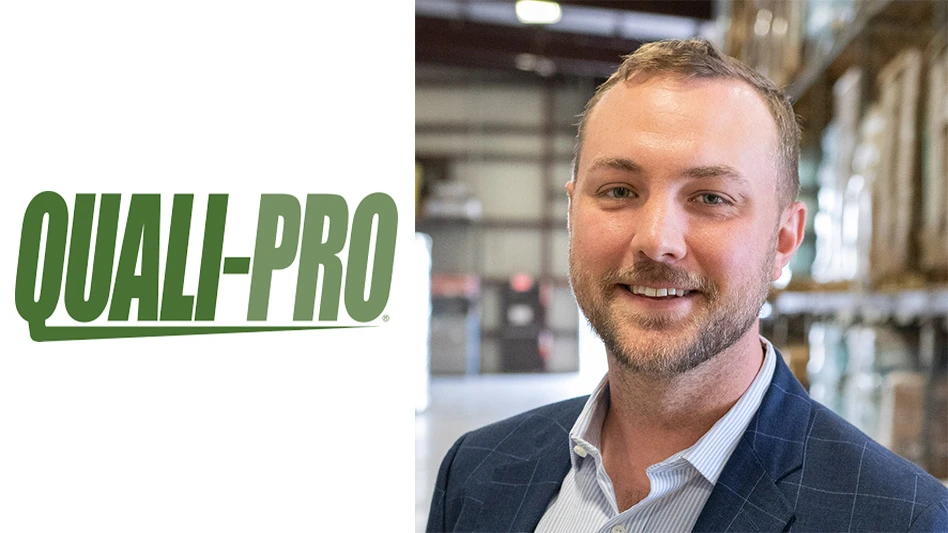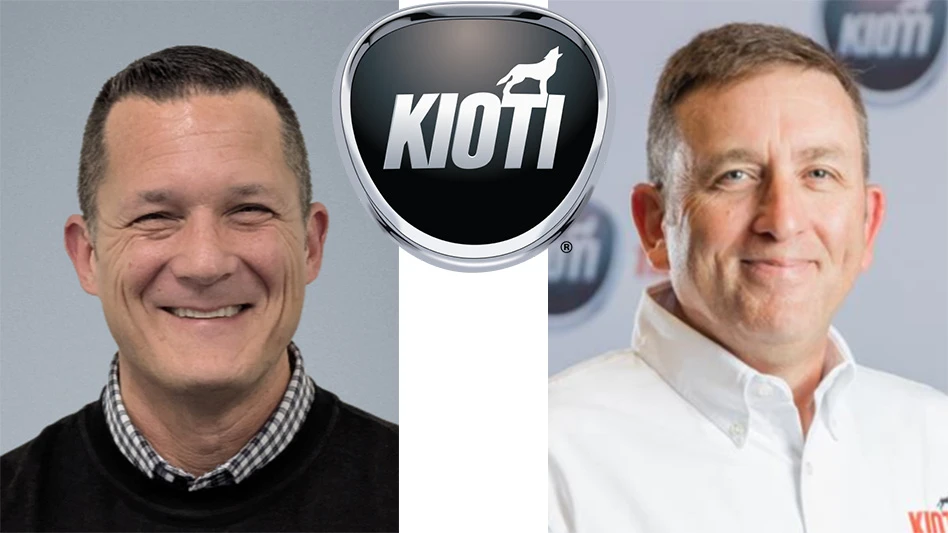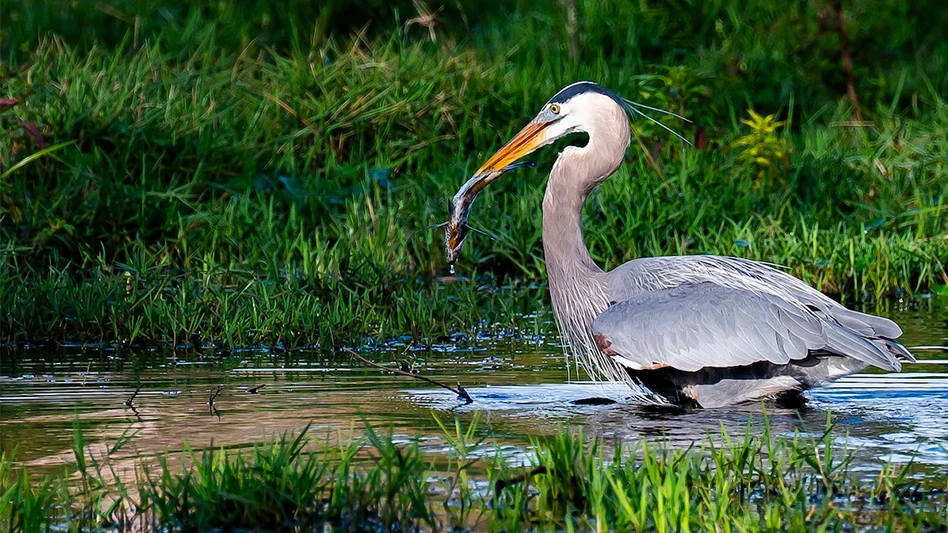
Our club hosted a major amateur golf championship last month. In the days leading up to the event, we were experiencing high heat and humidity coupled with insufficient rainfall. In other words, just what you would expect in the middle of July!
We had only one day when the course was closed for play to allow us the opportunity to perform many necessary tasks in advance of the event that began the following morning. It was during this day I received a text from our food and beverage manager requesting some bottled water.
It’s my understanding that bottled water became the mainstay here during COVID-19 and the club has continued the practice. Sixty cases of water per pallet are delivered as needed to the golf maintenance facility where members of our agronomy team supply coolers on the course each day.
The golf professional staff also uses bottled water to supply the golf car fleet. Because the water is stored at golf maintenance, we transport multiple cases at a time to support the food and beverage operation at the clubhouse.
Needless to say, the timing of their request was not ideal. But to their credit, they did preface with “I know you’re super busy, but …” Honestly, I did not mind the request and simply headed to the shop to commandeer a larger utility vehicle and loaded up 15 cases of water.
I made three trips with the hand truck into the hallway of the basement level and enjoyed the reprieve from the heat supplied by the air conditioning. I was spotted on camera making my delivery and was asked why I was delivering the water. I simply said, “because the guys on the team have more important things to do.”
It was not my intention to belittle their request, but merely illustrate what may appear as a simple job is not beneath someone of my place in the organization chart. And that is when I realized this simple act was no different than the story Andrew Moses tells on X about interning for a minor-league baseball team in 2004.
He was hoping to learn the business side of sports that summer, but instead “learned the business of life.” He learned on his first day that everyone in the office — from the CEO to the new intern — had to be prepared to pull the tarp on and off the field in the event of rain.
Moses admits he was confused thinking this was the job of the grounds crew. But he quickly learned that minor-league teams typically employ smaller grounds crews than their major-league counterparts and even though the field is the same size, everyone pitches in, regardless of title, role or years of experience. Moses says pulling the tarp is a massive team effort requiring resilience, selflessness, coordination, communication and a positive attitude.
I spent three years in graduate school at Virginia Tech and recall when we had to tarp the football field inside Lane Stadium. It required a small army of people on call from the university’s physical plant, and a stack of $20 bills. Not sure how much that might take in today’s economy.
This whole experience reminds me of my first boss. He would always chuckle when emptying the garbage from the golf course and say, “I’m just an overpaid garbage collector.” I have used that line myself many times through the years as it epitomizes my philosophy that I share with all new hires.
That is, I will never ask you to do anything I have never done myself or am unwilling to do.
Simon Sinek authored the book “Leaders Eat Last.” When I was a member of the Carolinas GCSA board of directors, we had a hashtag called #LeadersLEAD. The messages are all the same, no task is beneath anyone on the team, and as the leader of the team, you must lead by example.
Surely you have seen the meme depicting the differences between a boss and a leader. The boss sits high in the chair carried by his or her subordinates and points toward where they want the team to go. The leader is in front of the team pulling their own weight — or possibly the weight of more — helping the team reach its destination.
Everybody pulls the tarp. I know my peers in the Southeast know a thing or two about this.
And Marcus …
If you ever need me to help pull a tarp at the University of Kentucky, please give me a call. But it will cost you cash.
PS: Marcus Elswick is the head sports turf manager at the University of Kentucky.

Explore the August 2024 Issue
Check out more from this issue and find your next story to read.
Latest from Golf Course Industry
- From the publisher’s pen: Technology diffusion and turf
- Applications open for 2025 Syngenta Business Institute
- Smart Greens Episode 1: Welcome to the digital agronomy era
- PBI-Gordon promotes Jeff Marvin
- USGA investing $1 million into Western Pennsylvania public golf
- KemperSports taps new strategy EVP
- Audubon International marks Earth Day in growth mode
- Editor’s notebook: Do your part





